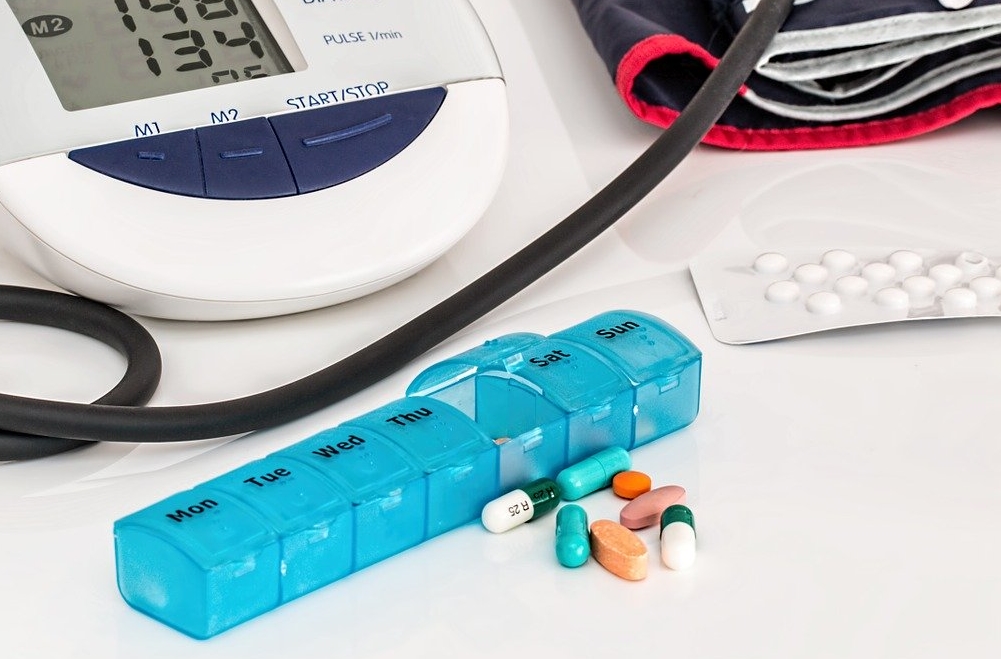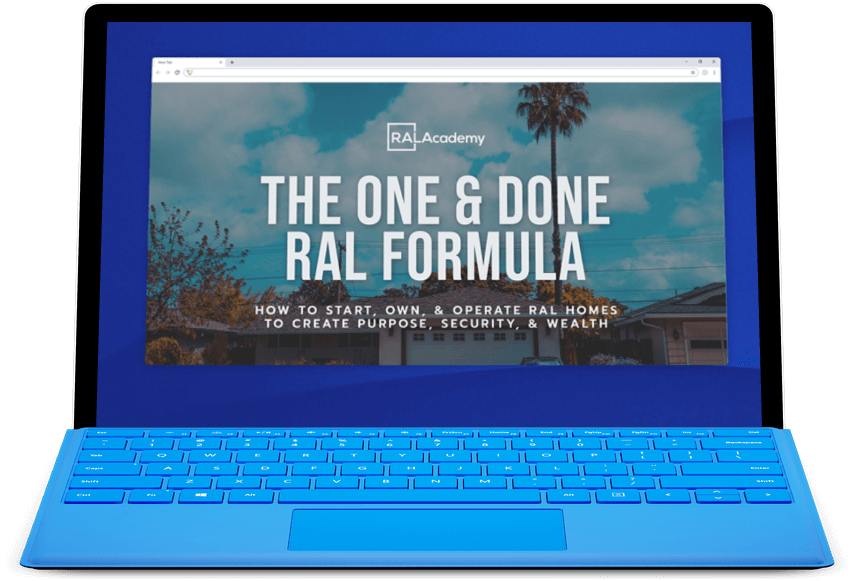Medication management in residential assisted living homes is an important practice that requires tracking procedures and protocols to keep seniors safe.
Balancing the responsibilities of quality care, independent living, social support systems, assistance with activities of daily living and medication management can be challenging.
Seniors enjoy as much freedom as they can experience.
On the other hand, their families and loved ones have one primary concern – safety. A safe senior living environment includes monitoring the healthcare needs of residents.
RAL homes are not hospitals or nursing homes, but chronically ill elderly residents have medically complex needs that demand medication management.
THE CRITICAL COMPONENTS OF MEDICATION MANAGEMENT
Medication management is irrefutably one of the most important services any RAL home can provide.
What Makes Medication Management Critical?
- Mental health illnesses
- Physical disabilities
- Aging senior population
More than half of senior homes provide services for residents with dementia, diabetes, cardiovascular disease, and depression.
These conditions require expert help for the delivery of daily medication.
According to the National Center for Assisted Living (NCAL), more than half assisted living residents are 85 and older.
As a result, the needs surrounding medication management are becoming more complex.
MODERN COMPLICATIONS WITH MEDICATIONS
They can be potentially risky considering the rapidly growing demographics of fragile seniors in need of assisted living.
Assisted living residents require an average of 12-14 medications per day.
With an influx of baby boomers entering the assisted living, caregivers have an added concern with medication management.
While baby boomers are far more independent than their elderly peers, posing different kinds of issues with medical supervision.
These independent baby boomers consume a substantially higher number of over-the-counter drugs.
It’s possibly a response to mass marketing and advertising.
Nonetheless, these medications are seldom charted or even know about amongst caregivers.
The problem with this can be severe to fatal.
Over-the-counter medications can interact with prescription pills and cause serious unwanted reactions.
In addition, far too many seniors continue consuming expired over-the-counter medications beyond the expiration dates.
These dates are indicated in small print and difficult to read, posing additional risks for the aging elderly.
BEWARE OF USING MULTIPLE PHARMACIES
Another concern for assisted living caregivers is residents who acquire their medications from multiple pharmacies.
This can lead to redundancy, duplication, and overlap, which can potentially result in countless other concerns.
Engaging solutions to these concerns can also be complicated because in many states, assisted living caregivers are prohibited from dispensing medications.
Self-administration is in part why many residents are exposed to these risks.
Wrestling with pharmacies is no easy task.
Did you know that reimbursement for non-covered drugs is a frustrating process that often ends in out-of-pocket costs?
THE DANGERS OF DISPROPORTIONATE MEDICATION
Disproportionate medications are a direct problem. which could lead to debilitating issues.
These issues include higher incidences of falls that is a key reason why medications must be properly coordinated and managed.
When medications are more closely controlled and restricted, these kinds of incidents are preventable.
For residents prescribed power painkillers, risks are even higher.
Did you know that in 2017, the technology evaluation firm ECRI listed undetected opioid-induced respiratory depression as one of the top 10 greatest healthcare hazards?
Opioids, antibiotics, and antipsychotics, remain under scrutiny. Painkiller abuse has climbed to an epidemic high level.
Many clinicians over-prescribe pain pills in their zeal to help patients manage debilitating pain.
As a result, prescription drug monitoring programs are either in place or under development in most states, especially for assisted living residents.
ENGAGING SOLUTIONS FOR MEDICATION MANAGEMENT
Drug disposal is another serious issue that caregivers must consider in respects to medication management.
Medical facilities have strict rules for properly disposing of unused medications.
Currently, no single innovation offers greater promise than the Electronic Health Record (HER).
EHR is an upstream technology that makes quantum improvements in medication management.
Meanwhile, there are other efficient technologies like e-prescribing, computerized physician order entry, and clinical decision support systems.
Residential assisted living homes are also able to utilize electronic medication administration records, bar-coded point-of-care systems, and remote pharmacy systems.
There are many solutions to medication management.
These technologies reduce the risks of transcription errors, drug-to-drug interactions, and omission errors.
There is a lot of innovation in the field of medication management, yet technologies have not close to peaking, based on expert opinion.
Proven technologies will continue to offer automated means for reducing human error.
RAL ACADEMY KNOWS HOW TO LOWER STAFF TURNOVER
Medication management is a major component of owning and operating a RAL home. Understanding these five aspects of medication management is only the beginning:
- The Critical Components of Medication Management
- Modern Complications with Medications
- Beware of Using Multiple Pharmacies
- The Dangers of Disproportionate Medication
- Engaging Solutions for Medication Management
During the 3-day RAL Academy course, instructors use an interactive approach that allows participants to walk away with successful strategies.
Participants learn everything from A to Z about how to run a RAL business, even pro-tips about medication management that allow seniors to live in a safe environment.
Visit www.RALAcademy.com to learn more about medication management.




